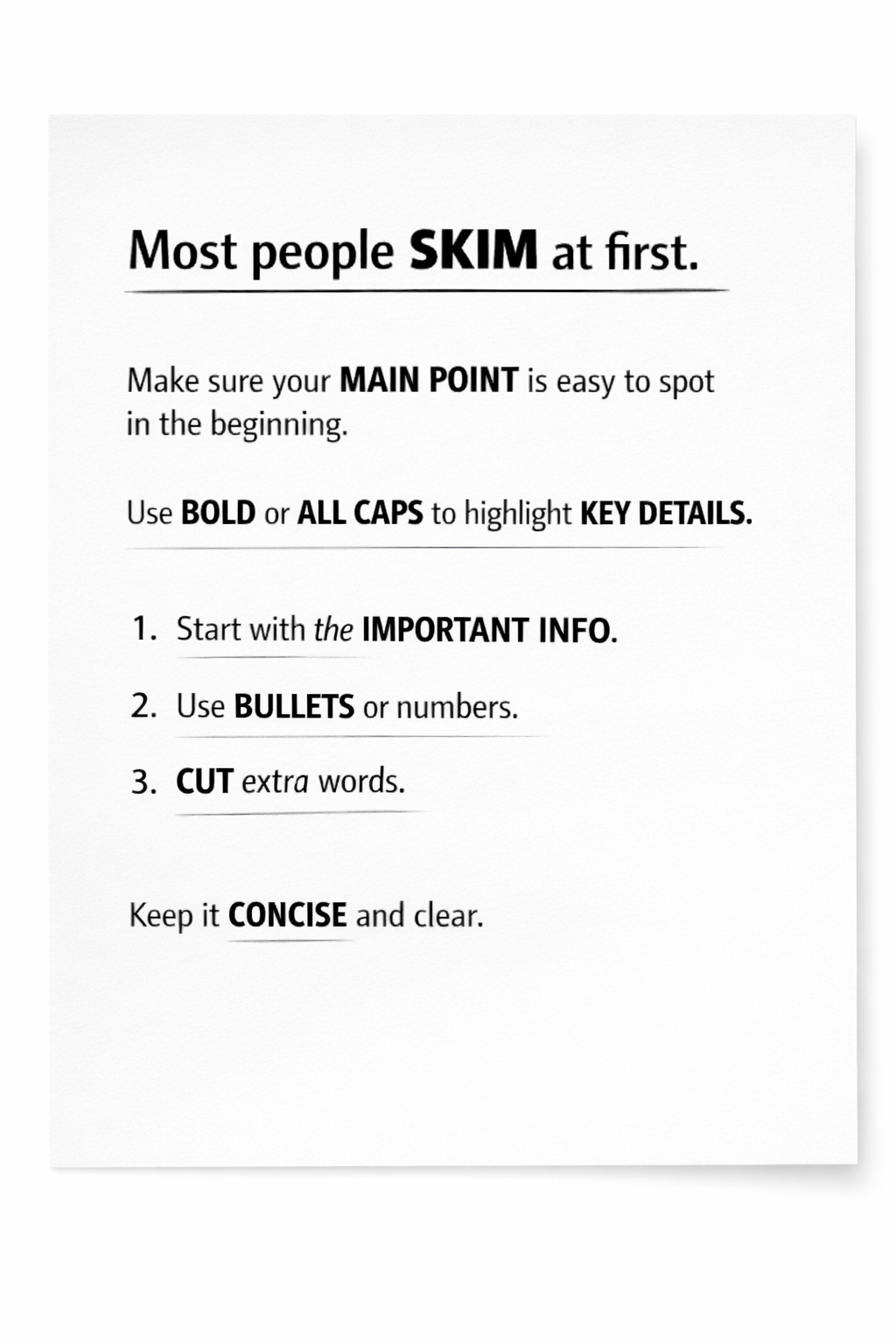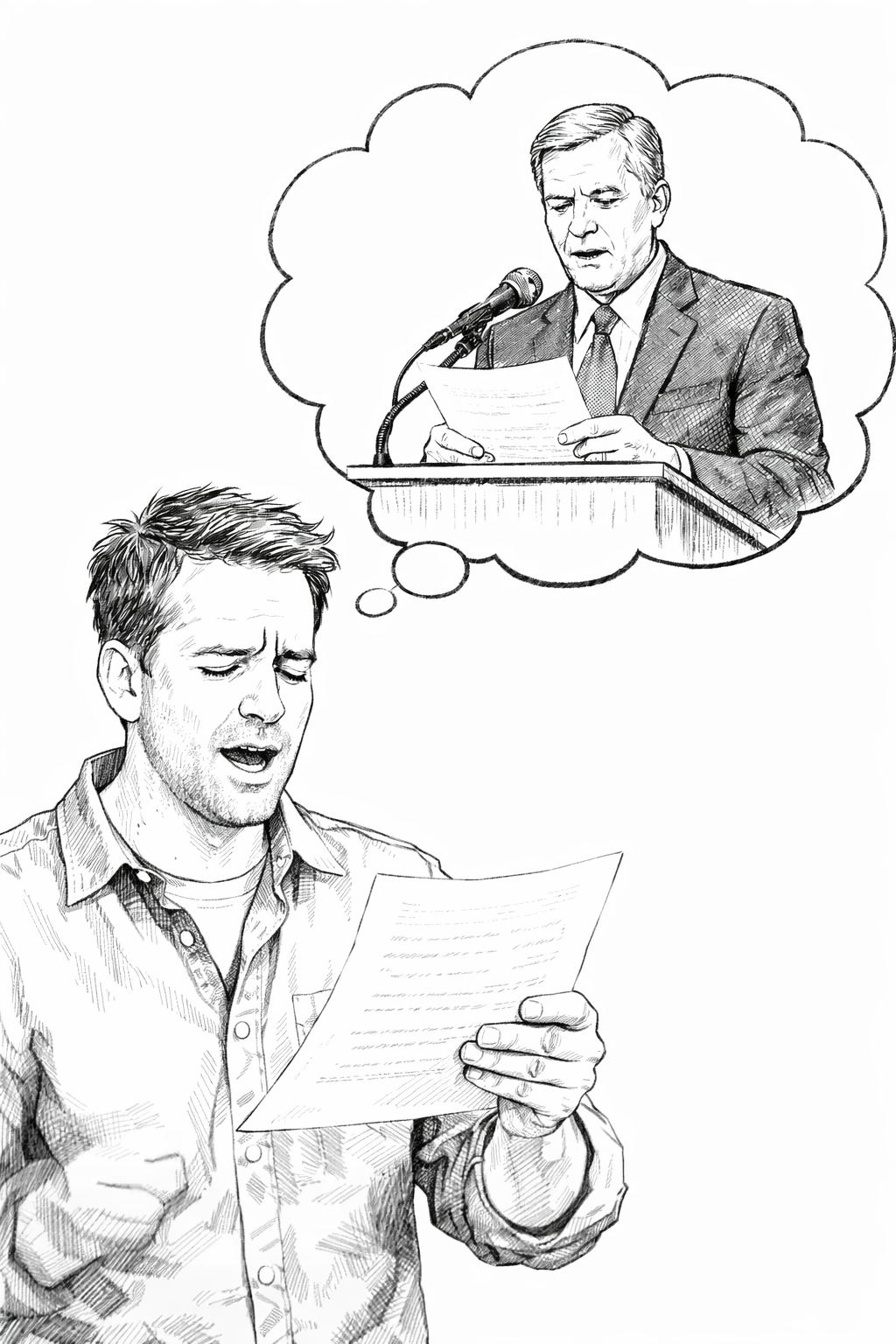Nib #14: Biden’s Botched SOTU, Part 4: Inspiring… divisiveness?
The emotional climax of a speech is called the “peroration.” Think Martin Luther King’s “Free at last, free at least, thank God Almighty, we are free at last!” Or Mel Gibson in Braveheart: “… our enemies may take our lives, but they’ll never take our FREEDOM!”
Not every speech needs an inspiring conclusion. Sometimes you want to throttle back, depending on the audience, topic, setting, and goal. But in 99.9% of speeches, even if the moment doesn’t call for soaring poetry, you at least want the ending to be unifying, inclusive, and inviting.
President Biden’s State of the Union Address last month failed this test so badly, so counterproductively, I feel like it must have been added by someone outside the White House speechwriting office.
SOTU Peroration Fail #2: All Americans … except you!
Here is the relevant text:
“I see a future where we defend democracy not diminish it. I see a future where we restore the right to choose and protect other freedoms not take them away. I see a future where the middle class finally has a fair shot and the wealthy finally have to pay their fair share in taxes. I see a future where we save the planet from the climate crisis and our country from gun violence.
“Above all, I see a future for all Americans! I see a country for all Americans! And I will always be a president for all Americans! Because I believe in America! I believe in you the American people.
Those “nots” in the first paragraph are straight cringe. Biden is using the peroration — the emotional, “come-on-board-and-join-the-team” section of his biggest speech of the year — to… exclude a lot of people!
Earlier in the speech, Biden established that people who “diminish democracy” refers to everyone thinking about voting for Donald Trump. And that “take [rights] away” bit means people who lean pro-life.
In other words, Biden’s “vision for the country” explicitly excludes about half the country!
Why? Why would he do this? It helps literally no one… except maybe Donald Trump!
And then, as if to put this nonsense on stilts, the president immediately pivots to, “Above all, I see a future for all Americans! I see a country for all Americans!” Except… no! You don’t! Go read the previous paragraph! You just excluded 150 million people from that future, for no reason other than partisan tingles!
Instead of inclusive and inspiring - or at least back-slappingly bonhomie-ish like Biden usually tries to be — the peroration becomes petty, discriminatory, and self-contradictory… to no benefit!
“I see a future where we defend our democracy … where all our freedoms are protected … where the middle class finally has a fair shot.”
But no. That might have appealed to … too many voters! Sigh.
The lesson this week: if a speech meant to persuade people requires contrasts, partisanship, and even attacks — and many do! — don’t put those things at the end. It will leave a bad taste in the audience’s mouth. Close with unity and uplift.
Until next week… keep writing!











